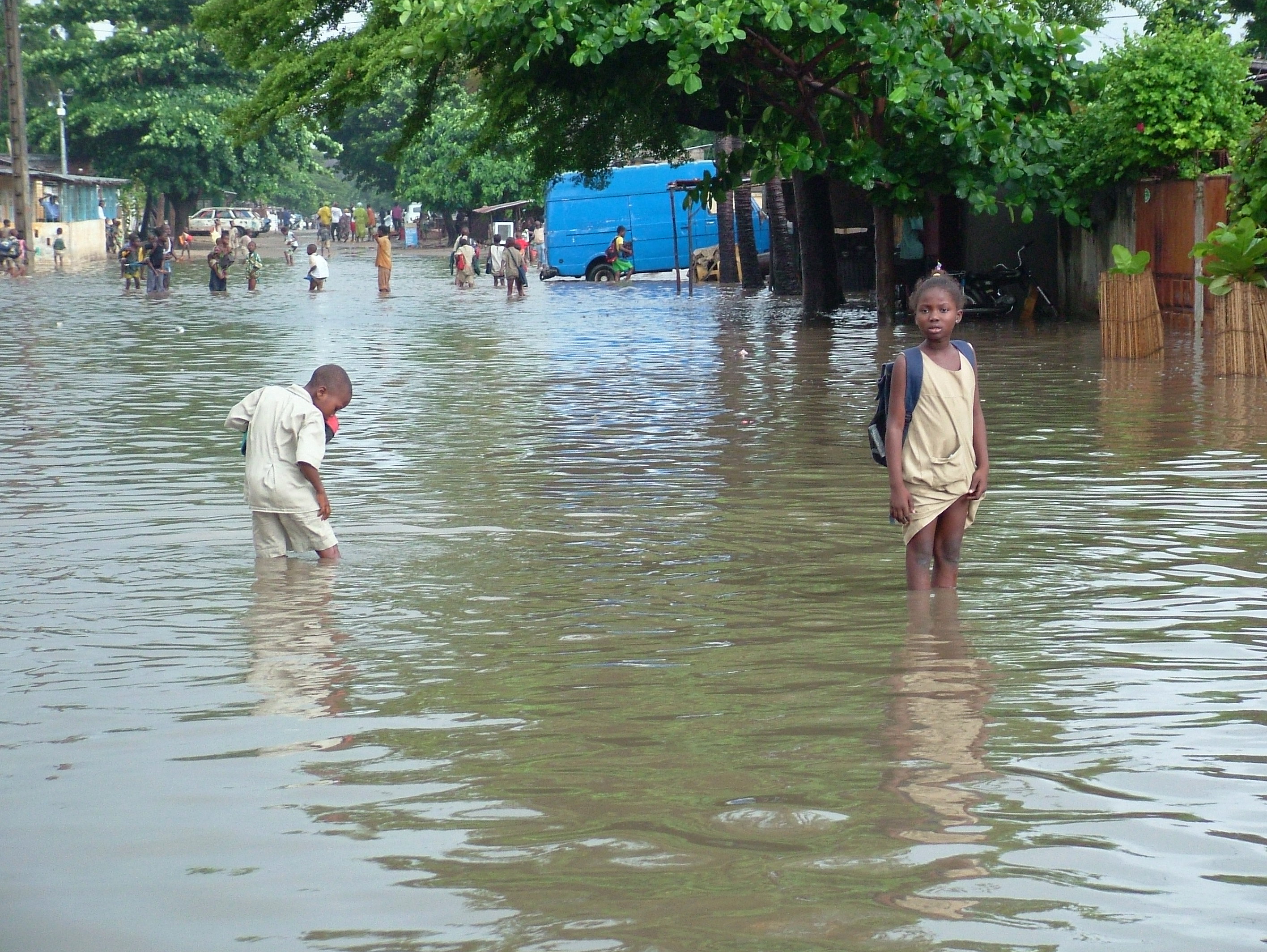"Funding remains the key issue," said Saleemul Huq, head of the climate change group at the London-based International Institute for Environment and Development (IIED).
The talks to draft a new climate change treaty were held under the auspices of the UN Framework Convention on Climate Change (UNFCCC) and ended on 8 April. The conference supported calls by developing countries to scale up the two funds set up to help poor nations adapt to global warming: the Adaptation Fund and the LDCF.
NGOs and experts acknowledged that "good progress" had been made on the adaptation track, with lots of debate on how the process should be driven, and the role of insurance and risk management, but the success of the track will be measured by the amount of funding it will be able to generate.
Developed countries need to provide at least US$50 billion every year for adaptation financing, in addition to the Official Development Assistance given to developing countries, said an article in ECO, the newsletter of the Climate Action Network (CAN), which covers more than 450 international NGOs working on issues related to climate change.
The article, Six weeks on: dog eats adaptation homework?, noted that "There is plenty of Easter homework for adaptation negotiators to do before they come back to Bonn in just over six weeks' time [for the second round of talks in June]."
The Bonn series of discussions is being held ahead of the Copenhagen conference in December, where a new treaty on cutting greenhouse gas emissions will replace the Kyoto Protocol, which expires in 2012. The CAN newsletter urged negotiators to return to Bonn with a "mandate to negotiate on the instruments needed to raise these funds".
On the other hand, developing countries could use the time until the June meeting to provide "options for country-driven adaptation planning and implementation, which will ensure the effective use of adaptation finance and demonstrate how to prioritise the most vulnerable groups and ecosystems," said the ECO article.
Money comes slowly
Four former chairs of the least developed countries group said 48 of these countries, identified as particularly vulnerable to the impact of climate change, would need at least $2 billion over the next five years from the LDCF to help them implement their National Adaptation Programmes of Action (NAPA).
In the eight years since the LDCF's inception in 2001, the Global Environment Facility (GEF), which manages the fund, has been able to raise $172 million. GEF said its target in the next four years was to reach $500 million, the amount the UNFCCC estimates it will take to finance NAPA implementation, but which most experts say is too low.
"Rising sea levels, shifting rainfall and other impacts of climate change present a huge risk to some of the world's poorest countries," said the former head of the least developed countries Expert Group, as well as four former chairs, in a new IIED briefing document.
The authors, Amjad Abdullah from the Maldives, Mama Konate from Mali, Richard Muyungi from Tanzania, Mohammed Reazuddin from Bangladesh, all former chairs of the LDC group, and Bubu Jallow from Gambia, former chair of the LDC expert group, said 39 countries had gone through the rigorous process of developing their NAPA since 2001.
"But only a handful of the projects they identified have been submitted for funding, [and] even fewer have been accepted for implementation."
The NAPA is a country-driven process developed with multi-stakeholder participation, and deserves the fiscal and institutional support to be implemented, "to ensure that investment in them so far is not wasted, but rather built upon – not just in terms of realising the NAPAs themselves, but for wider strategic national adaptation planning," the former chairs argued.
On a positive note, the IIED's Huq pointed out that the Adaptation Fund, which is expected to raise money from a levy of about two percent on credits generated by the Clean Development Mechanism (CDM), looked set to become operational by June.
The mechanism allows industrialized countries to earn and trade emissions credits by implementing projects either in other developed countries or in developing countries, and then put the credits towards meeting their targets.
The framework
An adaptation framework mooted at the last UN climate change conference in Poland in December 2008, which could help to tie in the various elements of finance and technical support, was advanced at the Bonn discussions.
G-77/China suggested that the framework should include elements such as institutional mechanisms; provision of finance, technology and capacity building; adaptation activities; insurance; and the fulfilment of developed country commitments under the convention, the Earth Negotiations Bulletin reported.
The ECO article advised adaptation negotiators "who are daunted by their homework to make good use of idle time on the plane home and lobby their mitigation colleagues in the seats next to them. After all, ambitious mitigation remains the best form of adaptation."
jk/he
This article was produced by IRIN News while it was part of the United Nations Office for the Coordination of Humanitarian Affairs. Please send queries on copyright or liability to the UN. For more information: https://shop.un.org/rights-permissions





